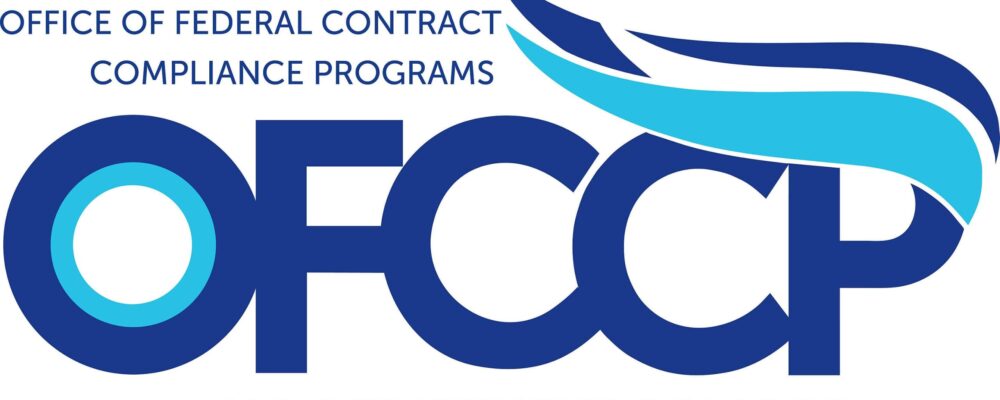Quick Hits
- The Superior Court of New Jersey, Appellate Division, held that a former employee had “a viable claim” that his employer had “diverted a portion of his wages in violation of the [NJ]WPL by requiring he use his personal vehicle and not reimbursing him for costs associated with that use.”
- Prior decisions by the U.S. District Court for the District of New Jersey have taken seemingly inconsistent positions on the issue of whether an employer’s failure to reimburse employees’ business expenses might violate the statute.
In Sands v. Board of Review, Department of Labor and Workforce Development, a maintenance employee alleged that his employer had failed to stand by its promise to provide him with a golf cart to navigate the employer’s large housing complex, forcing him to use his personal car to perform his job responsibilities. The employee eventually resigned and sought unemployment benefits. The employee argued that his employer’s failure to reimburse his automobile-related expenses both constituted good cause for resigning and violated the NJWPL, which prohibits withholding or diverting wages unless expressly authorized by the statute. As a matter of first impression by a New Jersey state court, the Sands court held (in an unpublished decision) that:
The plain language of the [NJ]WPL prohibits an employer from diverting any portion of an employee’s wages except in certain situations that do not apply here. In this case, petitioner set forth a viable claim that [the employer] diverted a portion of his wages in violation of the [NJ]WPL by requiring he use his personal vehicle and not reimbursing him for costs associated with that use. If petitioner was, in fact, required to use his personal vehicle without reimbursement, [the employer] effectively transferred its own operating expenses to petitioner and diverted his wages to pay those costs.
Prior decisions of the U.S. District Court for the District of New Jersey have taken seemingly inconsistent positons on the issue of whether an employer’s failure to reimburse employees’ business expenses might violate the NJWPL. In In re Morgan Stanley Smith Barney LLC Wage and Hour Litigation, the district court ruled that the law did not require reimbursement for costs of (1) postage, (2) client dinners, and (3) seminars incurred by employees. However, a subsequent district court decision found that unreimbursed costs incurred by employees for, among other things, maintenance of work-related electronics, might violate the NJWPL, and expenses that “cut into” an employee’s pay could constitute a violation of the statute.
At this point, it is unknown whether the employer in Sands will seek a review of the Appellate Division decision by the Supreme Court of New Jersey. Although Sands is an unpublished decision, employers may nevertheless want to consider carefully the impact of the decision.
Ogletree Deakins’ Morristown office will continue to monitor developments and will publish updates on the New Jersey blog as additional information becomes available.
Follow and Subscribe
LinkedIn | Instagram | Webinars | Podcasts
“Ogletree Deakins has experienced professionals in all areas of labour and employment law who provide efficient, client-focused service. We represent employers of all industries and sizes, from small businesses to Fortune 50 companies.”
Please visit the firm link to site






